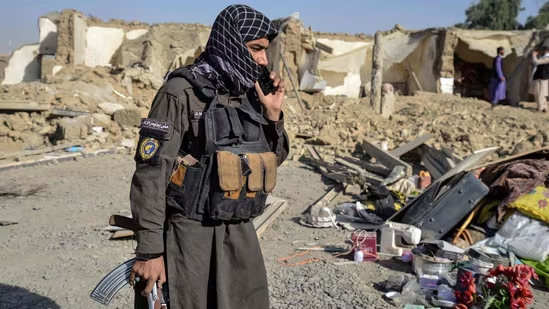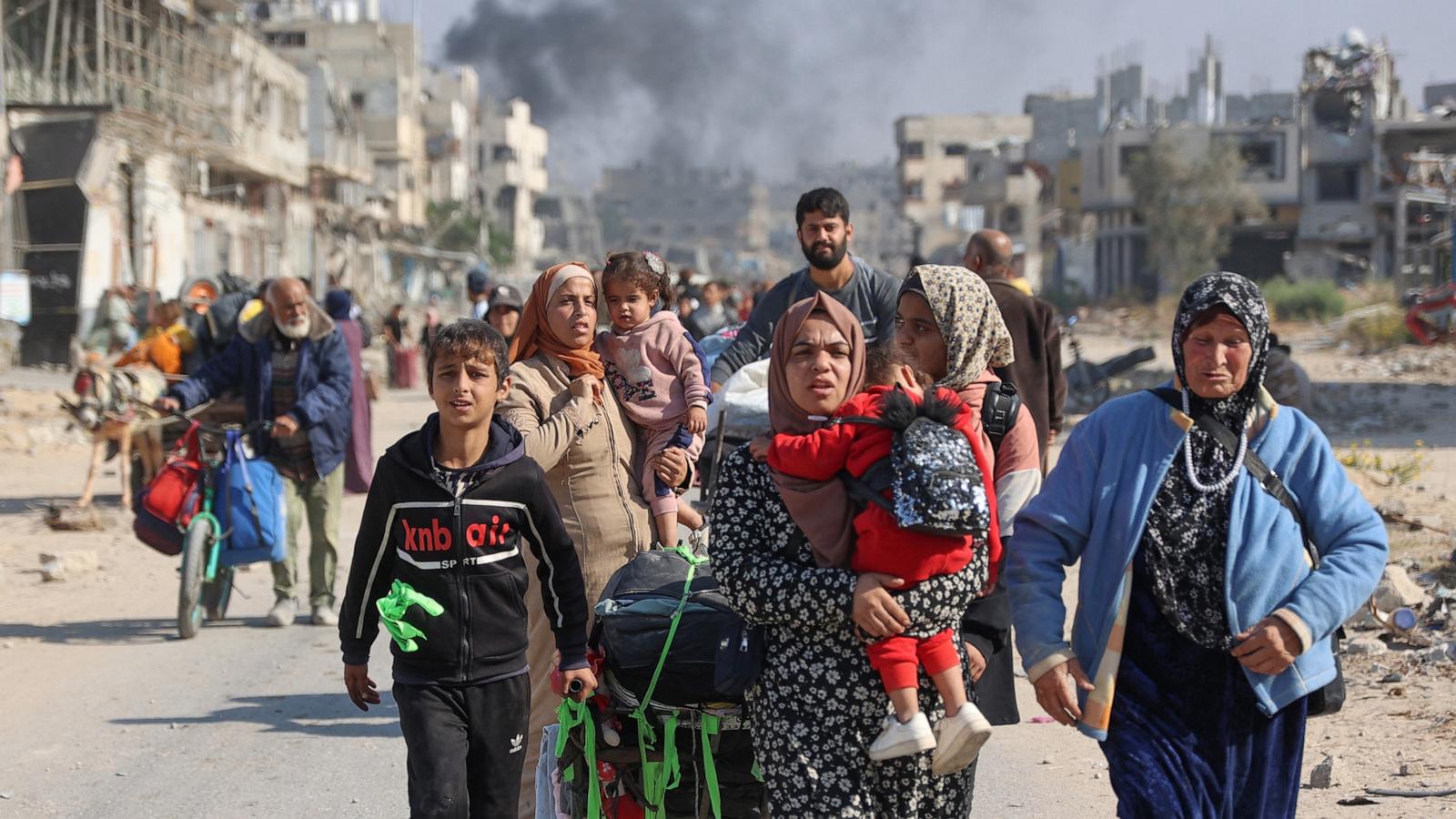Now Reading: Pakistan Airstrikes Hit Afghan Homes, Taliban Claims Truce Violated
-
01
Pakistan Airstrikes Hit Afghan Homes, Taliban Claims Truce Violated
Pakistan Airstrikes Hit Afghan Homes, Taliban Claims Truce Violated

Tensions on the Afghanistan-Pakistan border escalated as Pakistani forces conducted airstrikes targeting areas in eastern Afghanistan, reportedly hitting residential homes. The Taliban, which controls the Afghan government, condemned the strikes, claiming that a previously agreed truce had been violated, and called for urgent dialogue to prevent further civilian casualties.
Officials in Kabul reported that several houses were damaged and a number of residents were injured, though the exact death toll remains unclear. The strikes are seen as part of Pakistan’s ongoing efforts to target militant groups operating across the porous border, but they have drawn international concern over civilian safety.
The Taliban government has demanded that Islamabad respect Afghan sovereignty and adhere to previously established agreements. In response, Pakistani authorities maintained that their operations are aimed solely at eliminating cross-border insurgents responsible for attacks within Pakistan, highlighting the complexity of border security in the region.
Analysts note that Tier 2 towns along the border, such as Khost and Paktika, are particularly vulnerable during such incidents due to limited infrastructure and emergency response capabilities. Civilian populations in these areas often face displacement and disruption to daily life whenever military operations intensify.
The latest airstrikes underline the fragile security situation in South Asia, where cross-border tensions and local insurgencies continue to impact ordinary citizens. Both Islamabad and Kabul face pressure to restore communication and enforce safeguards to prevent further civilian harm while managing ongoing security challenges.

























